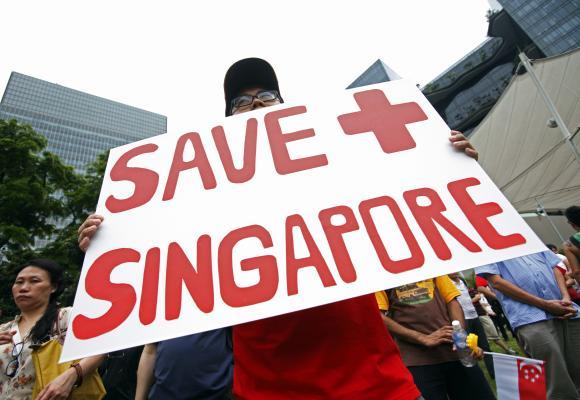
For the first time in the history residents have turned against the government, raising dissent over high living costs and immigration policies.
There is a statue of Sir Stamford Raffles on the banks of the Singapore River that stares roughly in the direction of the city-state's Parliament.
A plaque there, purportedly where Raffles landed in 1819, credits him for having "changed the destiny of Singapore from an obscure fishing village to a great seaport and modern metropolis."
But after some three decades of spectacular economic growth, has the beginning of the end for this island-nation arrived?
...
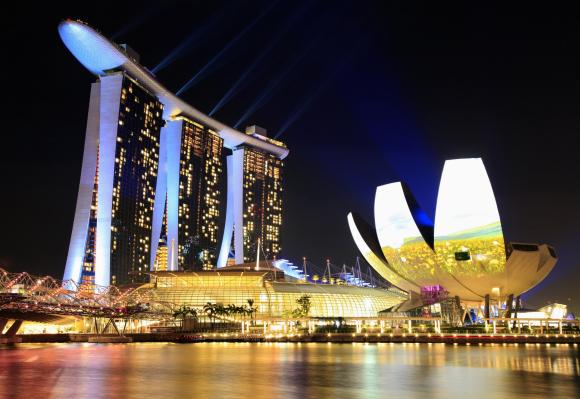
Many of those who arrive from elsewhere to make a living in Singapore must come to Upper Circular Road, a short walk east of Raffles' effigy.
The ministry of manpower hands out those sought-after employment passes here, in a slick, air-conditioned office. Appointments are given onli#8800 the offline turnaround time is almost ridiculously short.
This is, in many ways, the epitome of the country's efficiency, but increasingly for Singaporeans, also the most significant signal of fault lines that threaten their society.
So significant, in fact, that it triggered one of the largest protest rallies in the city-state's recent history.
...
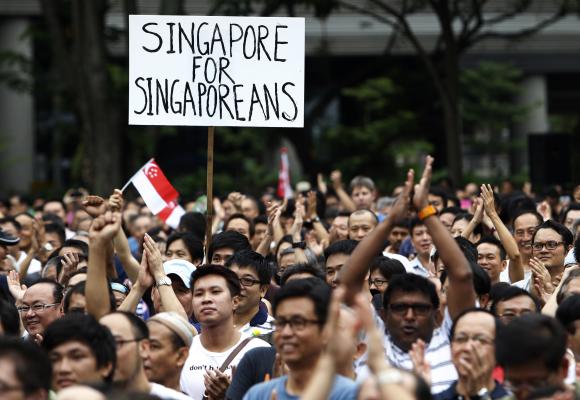
Some 4,000-5,000 Singaporeans braved the rains this February to demonstrate against a government white paper that projects immigrants constituting about half of the country's population by 2030.
Such turnouts are unheard of in modern Singapore, but the larger implication is that of a silent citizenry finally speaking out against the political class.
The People's Action Party (PAP), in power since Singapore's independence in 1965, has rarely had to deal with any significant political opposition. Until now. It began changing, perceptibly, during 2011.
First, the PAP won (only) 81 out of 87 seats in the general elections, its worst performance since coming into power.
...
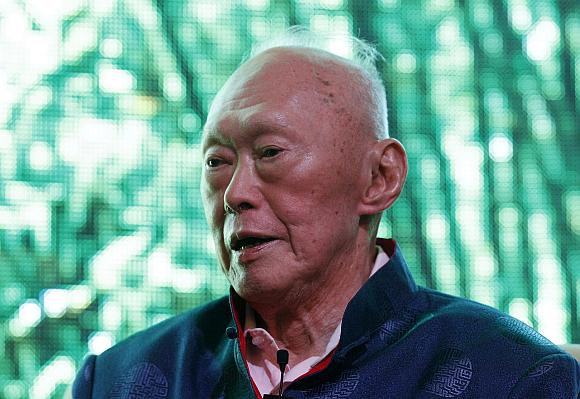
The city-state's founding Prime Minister Lee Kuan Yew and his successor Goh Chok Tong moved out of the Cabinet after calling it "a watershed general election" after the PAP's vote share fell from 75 per cent in 2001 to 60 per cent in 2011. That was in May.
In August, former Deputy Prime Minister Tony Tan, seen as the PAP's man, won the presidential elections, held for the first time in 18 years, by only 7,269 votes. Some 2.1 million Singaporeans had cast their ballot.
Two months later, lawyer-turned-politician Michael Palmer took over as the speaker of Parliament. Last December, he resigned after admitting to an extramarital affair. His constituency, Punggol East, then went to the hustings, and the PAP lost yet another seat.
Popular former Foreign Minister George Yeo, in a Facebook post, simply asked: "Whither Singapore?"
...
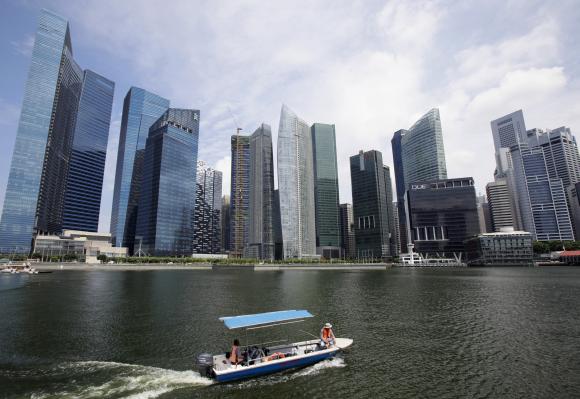
A pertinent question, given that modern Singapore has never witnessed such politics. Few would have thought the PAP's grip over the city-state would weaken this quickly.
At stake is not just a model Asian city-state, but one of the world's richest metropolises.
The Boston Consulting Group estimates that Singapore has the highest concentration of millionaire households anywhere in the world, with some 15.5 per cent of all households in the island-nation having at least $1 million in assets under management.
Yet, Singapore's monthly median income (excluding central provident fund) is about $2,400, which really isn't worth much, considering it is the sixth most expensive city in the world, according to a recent Economist Intelligence Unit survey.
...
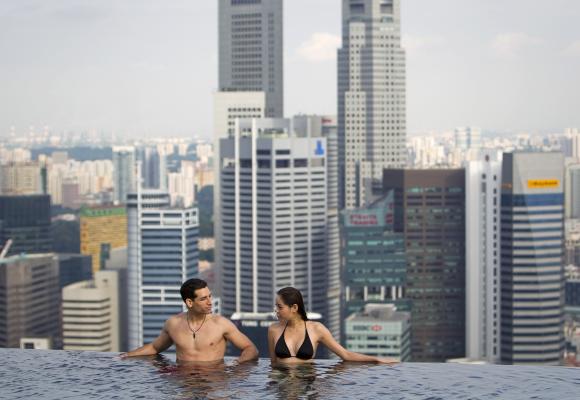
As more money pours into Singapore, that divide - between locals sipping coffee at a street side Kopitiam and expats stepping out of glitzy sports cars for drink at some of Asia's most expensive bars - is only getting starker.
The city-state's Gini coefficient - the most commonly used measure of inequality, with a higher number reflecting more disparity - was 0.478 in 2012, higher than that of China and India.
For the government, in turn, it is becoming an increasingly difficult balancing act. That tiny Singapore, which registers a mere 7.72 births per thousand, needs immigration is clear.
Its population is ageing, and the local workforce cannot support the needs of a global financial centre. But bringing in more foreign talent to keep the economic engine going, as the February protests showed, has political ramifications.
...

While the noise on the street against immigration is diverse and loud, the core issue is opportunity.
Is it fair, for instance, for a Singaporean to compete with an immigrant for access to education, especially if nearly half of the island's population could be composed of emigres by 2030?
The obvious path would be to tame growth, and instead seek a more equitable economic model. Yet that would also mean risking the city-state's position as a financial powerhouse.
It is also Singapore's economic prowess that gives the small island off the coast of Malaysia unusual geopolitical traction, particularly in Southeast Asia.
...
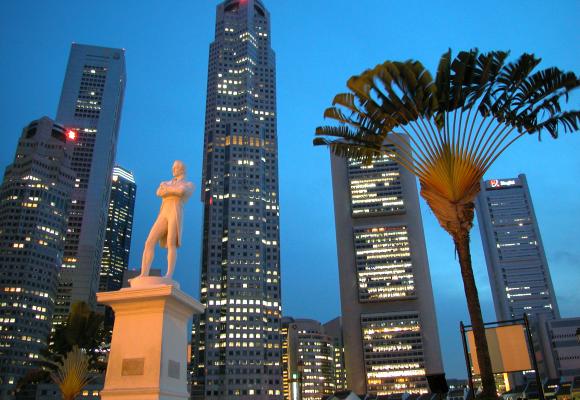
Much of today's Singapore has to do with Lee Kuan Yew and his vision for Singapore.
His emphasis on meritocracy in the government, after the territory separated from Malaysia that ensured the creation of a bureaucracy and political class with unusual talent. That quality once defined the PAP, and Singapore.
Singapore now stands at the crossroads. The government will need to take difficult decisions that could, on one hand, limit immigration and hurt the economy, or continue on the same path and risk losing political traction.
Whatever it is, it won't be easy. It might not seem so in the shadow of Raffles' statue by the river, but behind the surface, Singapore is slowly unravelling. How long will the party last?